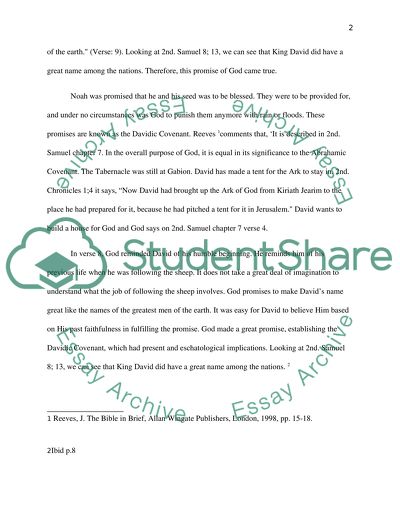Cite this document
(“Outline and differentiate the covenants that God made with Noah, Research Paper”, n.d.)
Outline and differentiate the covenants that God made with Noah, Research Paper. Retrieved from https://studentshare.org/religion-and-theology/1471111-outline-and-differentiate-the-covenants-that-god
Outline and differentiate the covenants that God made with Noah, Research Paper. Retrieved from https://studentshare.org/religion-and-theology/1471111-outline-and-differentiate-the-covenants-that-god
(Outline and Differentiate the Covenants That God Made With Noah, Research Paper)
Outline and Differentiate the Covenants That God Made With Noah, Research Paper. https://studentshare.org/religion-and-theology/1471111-outline-and-differentiate-the-covenants-that-god.
Outline and Differentiate the Covenants That God Made With Noah, Research Paper. https://studentshare.org/religion-and-theology/1471111-outline-and-differentiate-the-covenants-that-god.
“Outline and Differentiate the Covenants That God Made With Noah, Research Paper”, n.d. https://studentshare.org/religion-and-theology/1471111-outline-and-differentiate-the-covenants-that-god.


